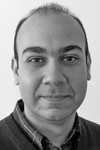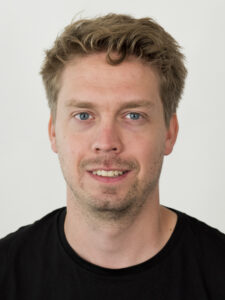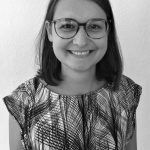Current Members
Jonas Obleser
Group leader
Jonas studied Psychology with a minor in Statistics and got his degree from the University of Konstanz in 2004. After 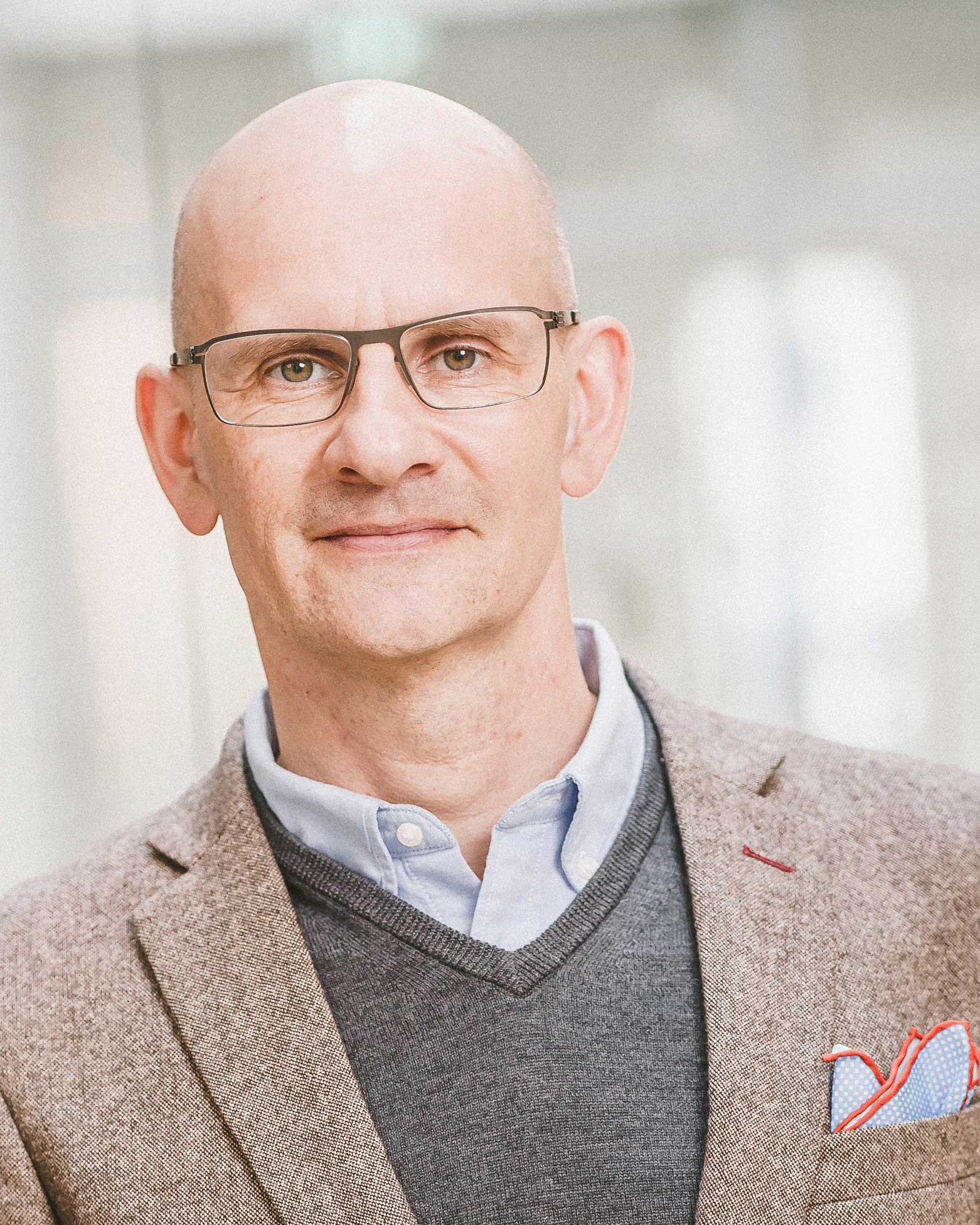 doing research at University College London and at the Max Planck Institute in Leipzig, he has held a Chair in Physiological Psychology and Research Methods at the University of Lübeck since 2016.
doing research at University College London and at the Max Planck Institute in Leipzig, he has held a Chair in Physiological Psychology and Research Methods at the University of Lübeck since 2016.
Currently, his main interests lie in neural dynamics, that is, the moment-to-moment brain states as well as more stable brain traits that characterise our perception and behaviour. An important question for Jonas is whether there are features of neural dynamics that are especially adaptive or protective to our health as we get older. His preferred model system still is the listening human being.
Jonas’ research has been supported by the ERC (2016–2021), the DFG (2015—), the Max Planck Society (2010–2015) and various partners in the hearing aid industry. Jonas serves as handling editor for the Journal of Neuroscience and eLife.
Jonas loves typography, which can be a pain when you design figures or manuscripts with him.
Google Scholar • PubMed • jonasobleser.com • ResearcherID
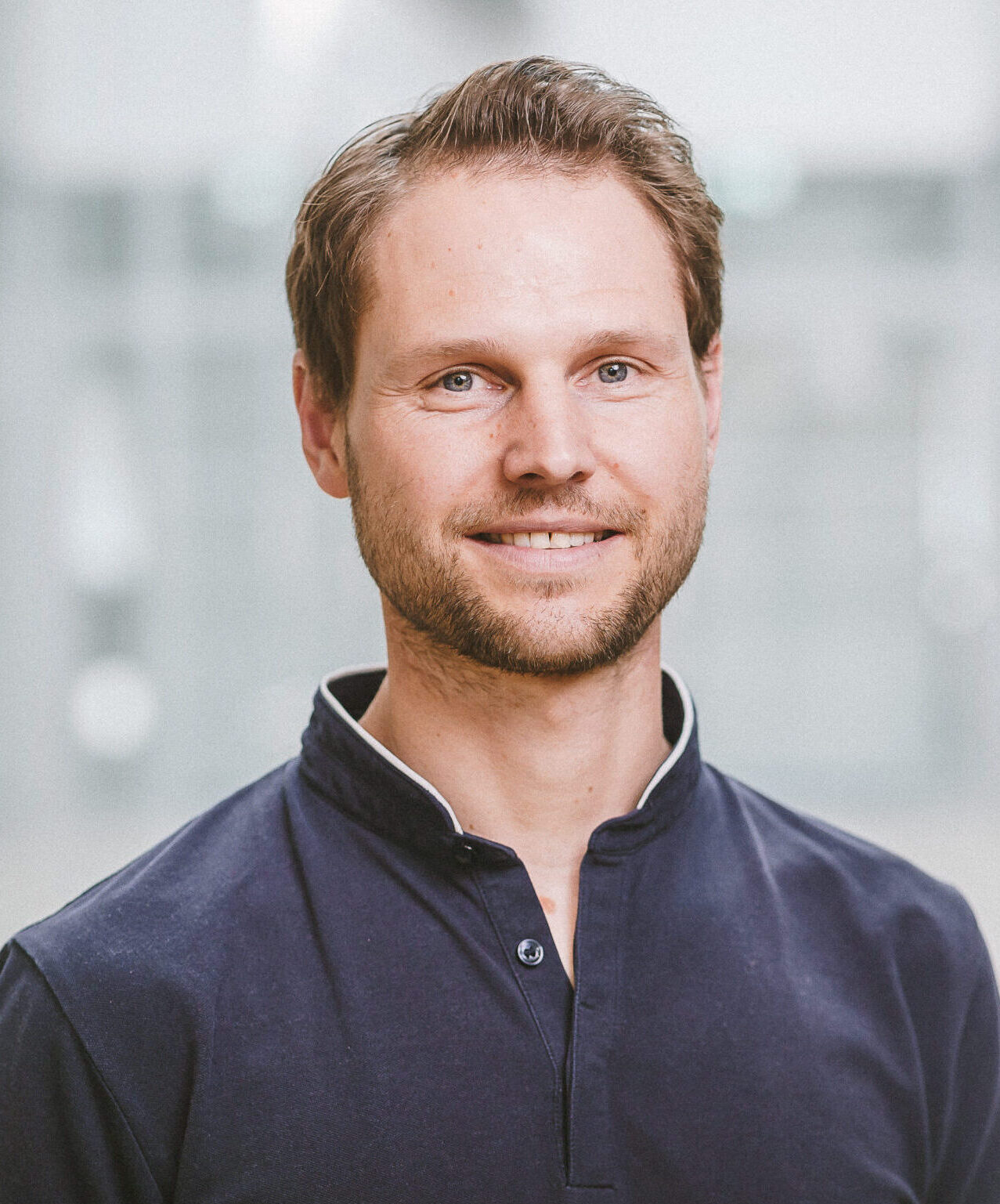 Malte Wöstmann ∼ Dynamics of Attention Group
Malte Wöstmann ∼ Dynamics of Attention Group
Senior Researcher
Malte studied Cognitive Science at the University of Osnabrück and finished his Master’s degree in 2012. Form 2012 to 2015, he did his PhD at the Max-Planck Institute for Human Cognitive and Brain Sciences in Leipzig in the research group ‘Auditory Cognition’, under supervision of Jonas Obleser. From 2015 onwards, Malte was working as a postdoctoral researcher at the Department of Psychology at the University of Lübeck. Since 2019, he is the PI of the “Dynmics of Attention Group”.
His research focuses on the electrophysiological dynamics of human auditory attention. Malte is currently mainly interested in how the neural system accomplishes the suppression of distracting information in order to focus attention on relevant information.
Malte loves simplicity, having concise hypotheses, and neat experimental designs.
Mohsen Alavash
Postdoctoral researcher,
now staff scientist MEG operations (CBBM)
Mohsen’s background is in biomedical engineering. He received his PhD in cognitive neuroscience from the University of Oldenburg in 2015. During his PhD he investigated how brain networks enable us to resolve cognitive challenges, and why it occasionally fails to do so reflecting its capacity limits. To follow-up this question as a postdoc, he has been studying the relation between brain networks and behavior in challenging listening tasks at the Max-Planck Institute in Leipzig and currently at the University of Lübeck. To this end, he adopts graph-theoretical network analysis of the human functional connectome built upon the brain hemodynamic responses or neuronal oscillations.
He loves extracting knowledge from complex data, and is good at making typos.
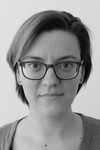 Franziska Scharata
Franziska Scharata
Lab manager, Audiologist
Franziska is currently on parental leave. She is an exceptional force in our EEG operations and volunteer liaison. Franziska is currently funded through our joint project with Widex Sivantos Audiology (2023–2026).
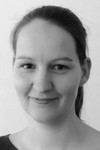 Sarah Tune
Sarah Tune
Senior researcher
Sarah received a B.A. degree in Language and Communication studies as well as a PhD in Neurolinguistics from the University of Marburg, Germany, where she worked on the neurophysiological signatures and the neural networks that support language comprehension.
She then spent two years as a postdoctoral researcher at the University of California, Irvine before joining the Auditory Cognition research group in 2016.
Her main research interests follow the question of how the human brain achieves the remarkable feat of processing and comprehending language under at times extremely challenging conditions and in the face of age-related neural, cognitive and sensory decline. Sarah is particularly interested in understanding how different neural and cognitive strategies work together to enable successful listening. Most of the time you will find her deeply immersed in building ever more complex models predicting human speech comprehension.
Niels Kloosterman
Postdoctoral researcher,
now lecturer for the Dept of Psychology
Niels did his Bachelor’s and Research Master’s in Psychology at the University of Amsterdam. He then completed a Ph.D. in Cognitive Neuroscience at UvA, after which he moved to the Max Planck Institute in Berlin to work as a postdoctoral researcher. He joined the Obleserlab in 2022 as a lecturer and senior researcher.
Research-wise, Niels is interested in our remarkable ability to act purposefully in a complex and ever-changing environment. He believes that this cognitive adaptability is reflected in the moment-to-moment variability of brain activity – the more neural variability, the better. He is constantly looking for ways to test this idea in EEG, fMRI and eye tracking studies in younger and older healthy persons, in both health and psychiatric disease.
In his free time, Niels likes to indulge in discovering obscure electronic music, going hiking in the woods, and playing old-school video games.
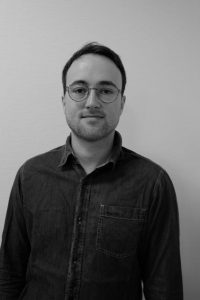 Martin Orf
Martin Orf
Postdoctoral Researcher
Martin is a trained hearing acoustician. He finished his dual apprenticeship in 2014. Based on his apprenticeship, he received his B.Sc in hearing acoustics in 2017 in Lübeck. From 2017 to 2019, he did his M.Sc in hearing technology at the university of Lübeck. During his master´s, he came into contact with the auditory cognition group. After his internship and master thesis in the Obleser group, he started his PhD investigating the mechanism of active ignoring in normal and hearing-impaired listeners.
He is interested in creating virtual and realistic sound scenarios in the spatial lab. Especially, the mechanisms of ignoring works in such scenarios, e.g. cocktail-party, are of interest for him. Based on his background, he is concerned in how active ignoring works especially in hearing-impaired people and to investigate which hearing aid features could be used to facilitate ignoring on an engineering level.
Frauke Kraus
PhD student
Frauke received her B.Sc. in Medical Technology from the Universities of Tübingen and Stuttgart and her M.Sc. in Auditory Technology of the University of Lübeck. During her internship and master thesis in the Auditory Cognition group she developed a fascination for the field of auditory neuroscience.
Frauke is currently working on her PhD (supervised by Jonas and Björn Herrmann, Rotman Research Institute and University of Toronto). She is interested how different levels of attentional resource recruitment affect neural oscillations during listening, and the extent to which this oscillatory activity can be used as a marker of listening effort.
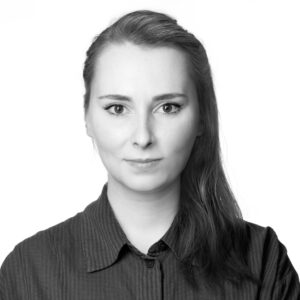 Merle Schuckart
Merle Schuckart
PhD student
Merle received both her B.Sc. and M.Sc. degree in Psychology from the University of Kiel. After having completed her studies in 2022, Merle joined the Auditory Cognition Group as a PhD student within a collaborative project with the Max-Planck-Institute for Cognitive and Brain Sciences in Leipzig. In her project, she investigates the influence of domain-general networks on natural language processing.
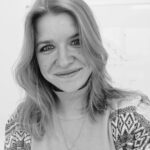 Jessica Herrmann
Jessica Herrmann
Audiologist — Researcher
Jessica Herrmann completed a dual apprenticeship as a hearing aid acoustician before beginning her Bachelor’s degree in Hearing Acoustics in Lübeck. She then pursued a Master’s degree in Auditory Technology at the University of Lübeck. Since the end of 2023, she has been a member of the Obleser group, contributing to a major project that explores the interaction between movement and communication.
 Max Schulz
Max Schulz
PhD student
Max started his B. Sc. in Biology in Gießen in 2017, after which he quickly switched to University Leipzig to finish the degree. In his
bachelor thesis, he investigated auditory elevation decoding with
EEG. Thereafter, he did his M. Sc. in Biology at University Leipzig.
During his master thesis, he focused on numerosity judgment in
auditory scene analysis, incorporating convolutional neural networks
which mimic human auditory behavior. Additionally, he was a student
assistant under supervision of Christian Doeller and later Gesa
Hartwigsen at the Max-Planck institute for human cognitive and brain
sciences in Leipzig.
Max recently started his PhD — supervised by Malte Wöstmann — eager to solve questions about attention capture and distraction
suppression in auditory attention research. In particular, he is
interested in how distraction is influenced by bottom-up and
top-down processes, how these processes are displayed in
neuro-electrophysiological correlates, and in what sense they are
affected in aging individuals.
 Andreja Stajduhar
Andreja Stajduhar
PhD student
Andreja did her Bachelor’s at York University in Toronto, Canada, where she investigated face perception under different conditions in a visual neuroscience lab. She then spent two and a half years earning her Master’s at the University of Toronto, where she was interested in the relationship between individual episodic autobiographical memory performance and cortical thickness. Her main research interest now lies in understanding how perceptual inference changes with age. In her free time, she enjoys cooking and hanging out with her friends!
Research Assistants
Julia Elisabeth Preisler
Judith Kunze
Marius Moeller
Moritz Hegert
Mara Grothus
Hannah Henrike Schewe
Nikolai Dürrbeck
Egem Gencer
The Obleser Lab

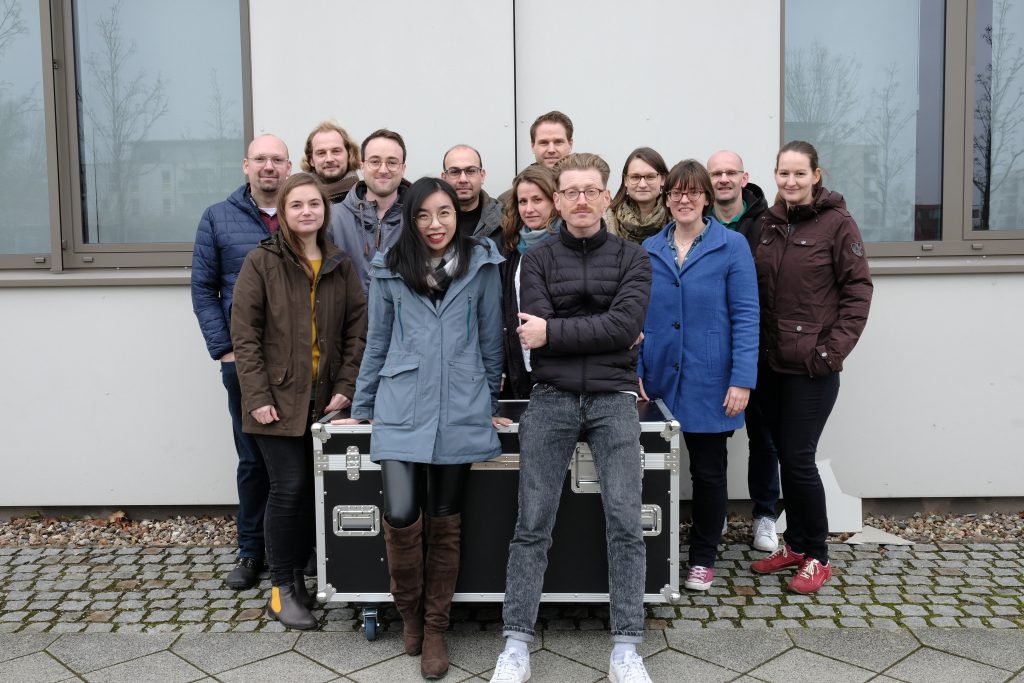
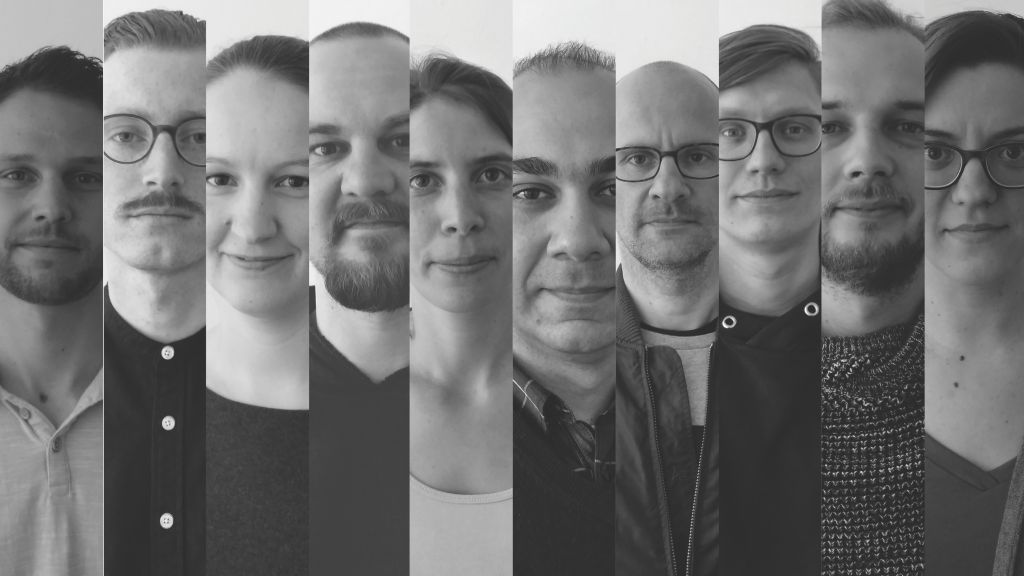
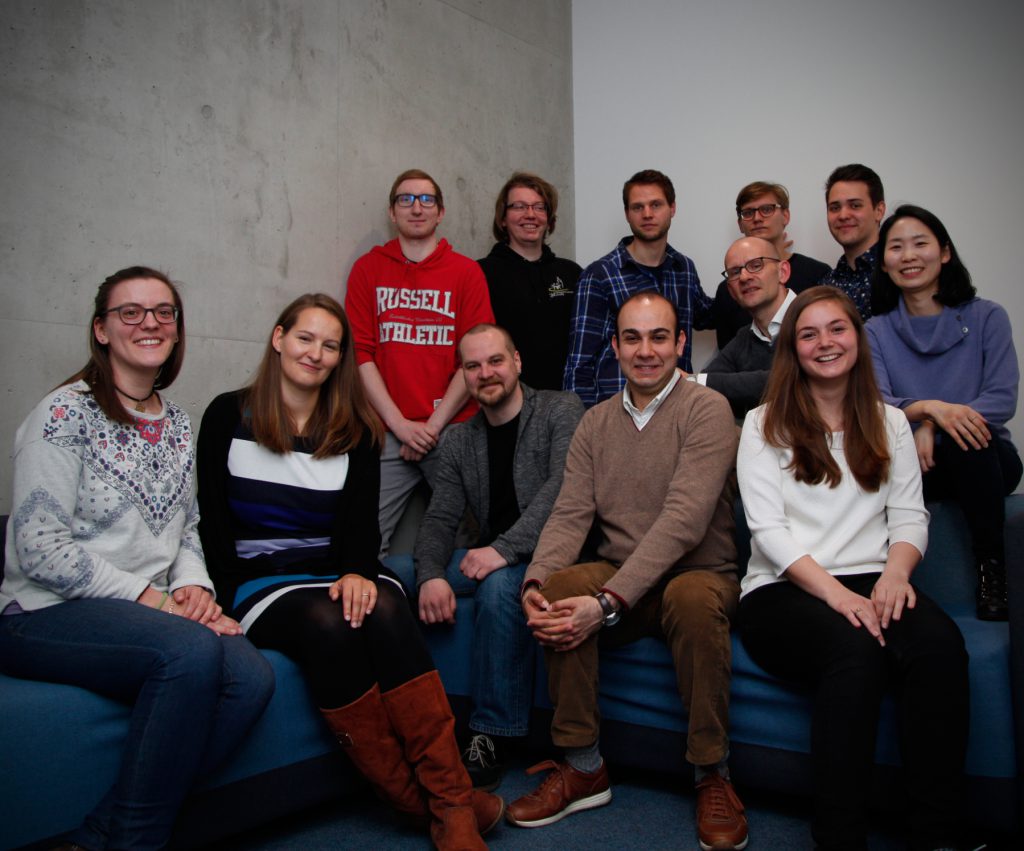
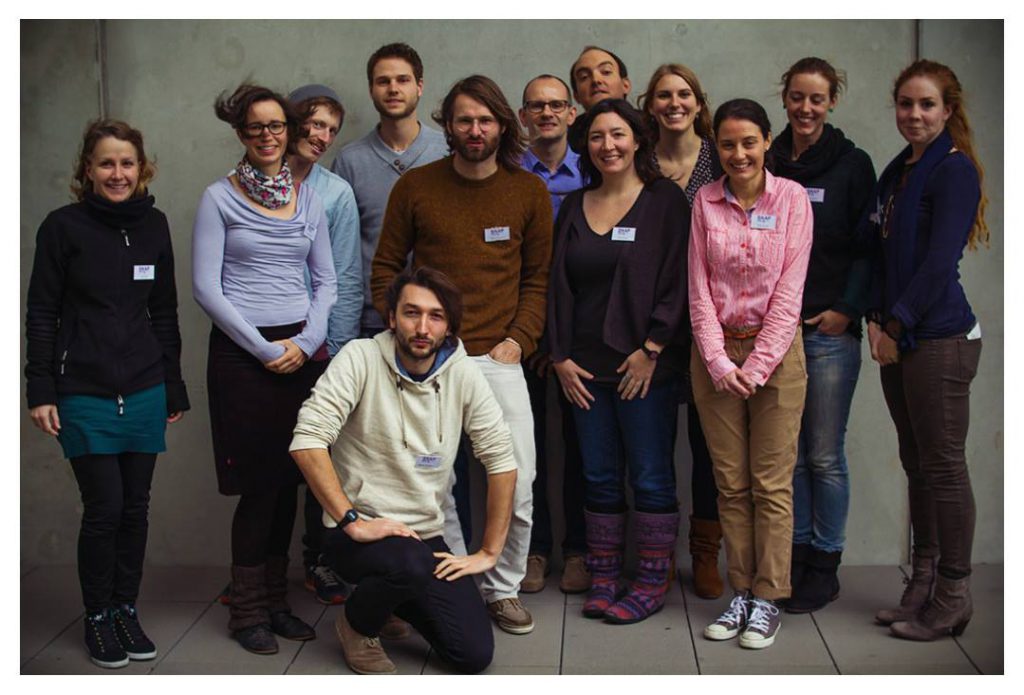
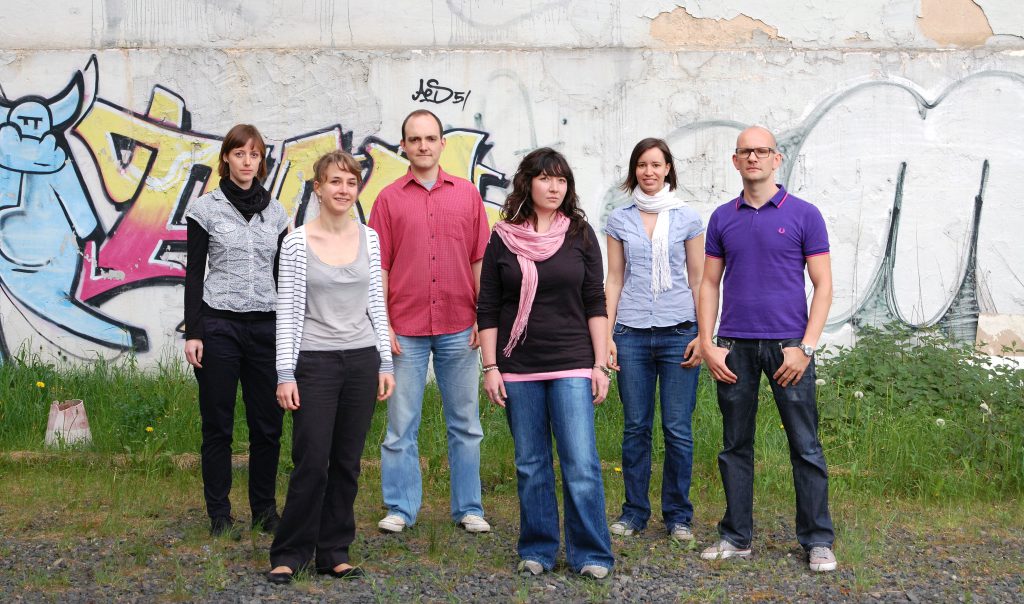
Alumni
Alex Brandmeyer — Postdoctoral researcher
Google Scholar PubMed alexbrandmeyer.com
Felix Deilmann — Research Scientist
Lorenz Fiedler — PhD student
PubMed
Molly Henry — Postdoctoral researcher
Google Scholar PubMed molly-henry.com
Sophie Herbst — Postdoctoral researcher
PubMed Cognition & Brain Dynamics
Björn Hermann — Postdoctoral researcher
PubMed bjoernherrmann.com
Sung-Joo Lim — Postdoctoral researcher
PubMed
Michael Plöchl — Postdoctoral researcher
PubMed
Mathias Scharinger — Postdoctoral researcher
PubMed inter-word.net
Antje Strauß — PhD student
PubMed
Anna Wilsch — PhD student
PubMed
Lea Maria Schmitt — Postdoctoral researcher
PubMed
Julia Erb — PhD student, Postdoctoral researcher
Google Scholar PubMed
Jennifer Klotke — Audiologist
Troby Lui — PhD student
Nikolas Makowka — Lab manager
Markus Kemper — PhD Student
Hong-Viet Ngo — Postdoctoral researcher
Leon Franzen — Postdoctoral researcher
Google Scholar • PubMed • ResearchGate • OSF


